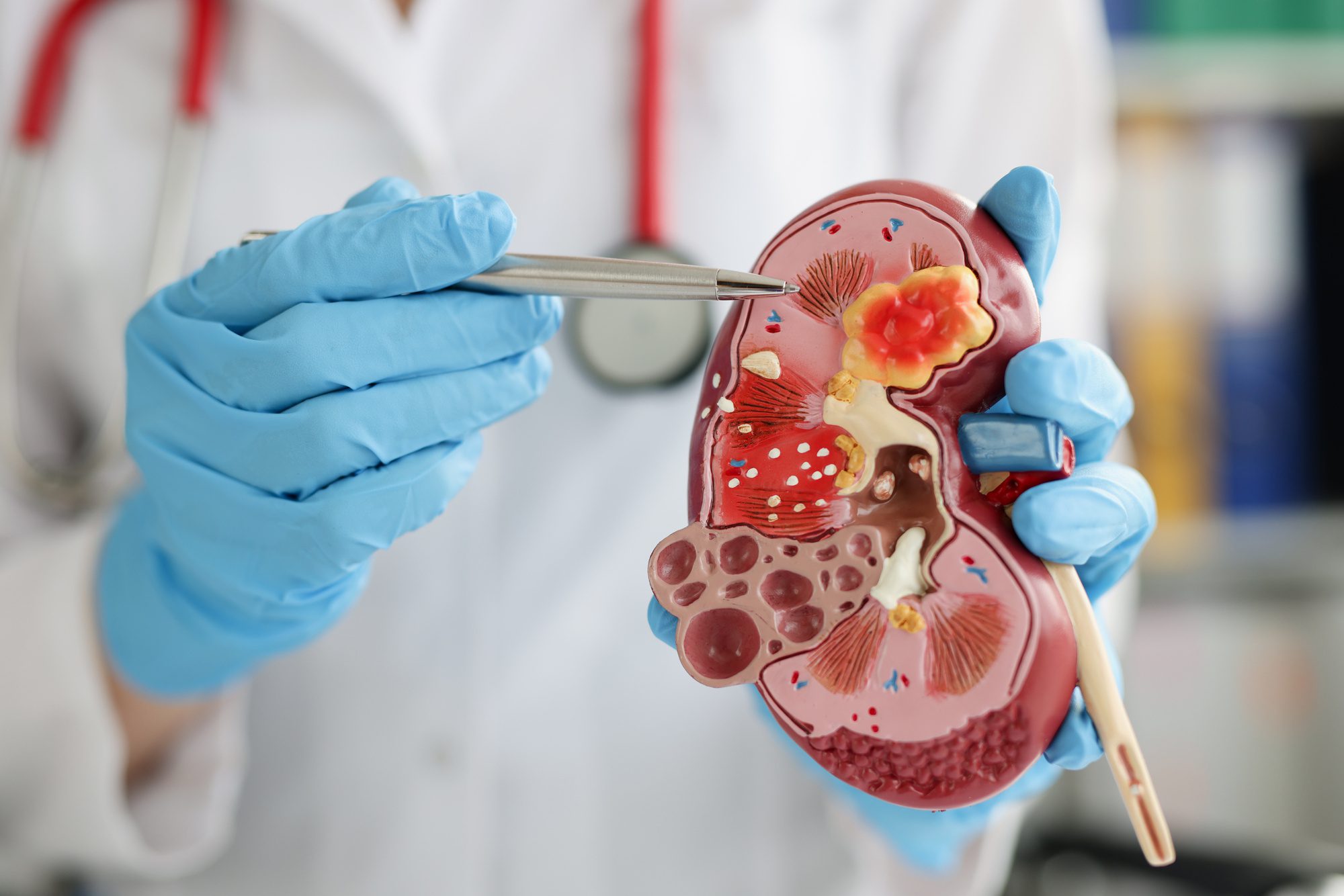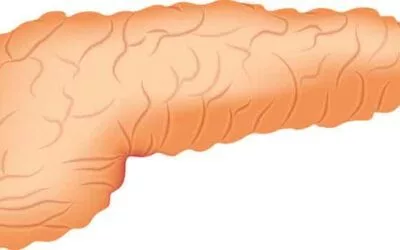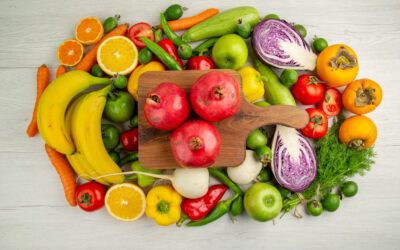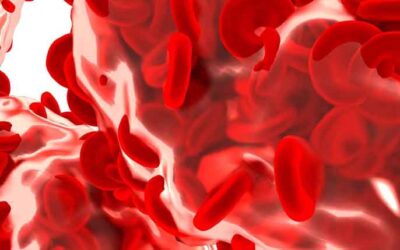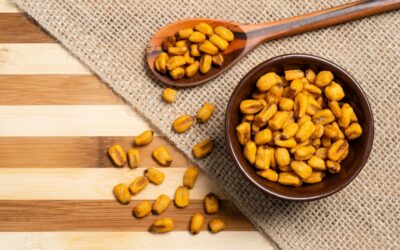Adjusting your diet to support kidney health is essential in managing kidney failure. Though altering your eating habits might pose challenges, these changes can help slow the disease’s progress and lessen complications.
This guide details kidney functions, the effects of their failure, and essential nutritional guidelines. It includes advice on meal planning, navigating social dining, symptom management, and more. Use this as a resource on your journey toward better kidney health.
Understanding Kidney Failure And Its Nutritional Implications.
Kidneys cleanse your blood by filtering out waste and retaining necessary substances. In end stage kidney failure, this process is disrupted. This leads to an accumulation of waste and increased levels of potassium and phosphorus.
Managing these through diet is crucial. Nutritional requirements may differ based on your kidney health. Modifying your protein, sodium, and phosphorus intake early on can significantly decelerate the disease’s advancement.

Core Nutritional Principles for Kidney Failure.
1. Protein.
Consuming enough quality protein is vital to prevent muscle loss, but too much can overburden your kidneys. Opt for plant proteins such as beans, lentils, and tofu for added fiber. Eggs, skinless poultry, and fish are also excellent sources of lean animal protein.
The ideal protein intake varies based on your health, nutritional status, and body size. Collaborate with a dietitian to identify your specific needs, generally ranging from 0.6 to 0.8 grams of protein per kilogram of body weight. Timed amino acid supplements may be helpful as well.
2. Phosphorus.
Phosphorus works closely with calcium for bone health. With kidney failure, excess phosphorus builds up as filtration declines. Dairy, beans, lentils, nuts, whole grains, processed meats, and sodas tend to be high in phosphorus. So, it’s best to limit these options in your diet.
However, you may still eat them, given the right preparations. Soak high phosphorus beans and grains to remove some excess. Choose fresh meat and dairy options over processed. Phosphate binders taken alongside meals could prevent intestinal absorption of dietary phosphorus when you can’t meet your needs through diet alone.
3. Potassium.
Potassium helps nerves and muscles work, but it accumulates with kidney failure. Hence, you should limit high-potassium foods like bananas, potatoes, and tomatoes when you have kidney issues. Compare food labels – for example, plantains and cauliflower tend to be lower in potassium than oranges and broccoli.
Focus on lower-potassium produce like apples, berries, cabbage, and carrots. You can reduce the potassium in vegetables by boiling them before consumption. Aim for variety over favoring just a few potassium-safe standbys to prevent nutritional imbalances from developing.
4. Sodium.
Sodium increases fluid retention and blood pressure, raising risks with poor kidney function. Reducing added salt is ideal. When cooking, limit high-sodium ingredients like garlic salt, stock cubes, or soy sauce. Opt for fresh foods over canned, processed, and restaurant fare, and check food labels closely.
Ask your pharmacist to review medications that may contain hidden sodium contributing to your total load. Consider sodium-binding medications alongside dietary sodium restriction when counseling reveals your diet can’t provide your needs.
5. Fluids.
Striking the right fluid balance helps prevent strain on compromised kidneys and keeps you hydrated longer. Thirst may indicate the need for fluid intake while swelling could signal excess fluid. Inputs like water and other beverages, plus foods with high water content—like fruits and veggies—contribute to fluid consumption.
Note that your needs may fluctuate from day to day. Measure your input through a tracker app or written log. Weighing yourself daily and tracking symptoms like swollen feet signify whether input and output are balanced. Measure your input and remember that your daily fluid intake needs can vary. A general guideline is about four to five cups, but this can change based on your individual health condition and any medical advice you receive.
Nutritional Supplements For Kidney Failure: Benefits And Risks.
Supplements might be necessary to address deficiencies if you’re experiencing reduced nutrient absorption. Vitamin D and omega-3s may benefit bone, heart, and blood health. Soluble fiber like psyllium may also be useful. Be cautious with vitamin A supplementation, as excess could lead to toxicity, especially in kidney failure. Herbal remedies could interfere with medications as well. Always consult your doctor before starting supplements, as risks exist too.
Focus first on getting nutrients through a well-planned diet. But if lab work shows persistent deficiencies or you have symptoms like fatigue and muscle weakness, targeted supplementation under medical guidance makes sense. Have nutrient levels rechecked a few months after starting a supplement to ensure you’re getting adequate, but not excessive, amounts. Balancing the risks and benefits is crucial in deciding which supplements are suitable and safe for you.
Practical Tips For Meal Planning And Preparation.
Crafting balanced, kidney-friendly meals takes planning, which helps avoid feelings of deprivation. Allow room for fresh vegetables, fruits, whole grains, and lean protein at each meal.
If you need more culinary inspiration, refer to cookbooks and websites with kidney-safe, detoxifying recipes. Make meals more interesting by adapting family favorites using acceptable substitutes for problem ingredients. Registered dietitians can also provide personalized meal plans and teach you how to meet your nutritional needs.
Managing Common Challenges And Concerns.
1. Social Situations and Dining Out.
Communicate your dietary restrictions to loved ones who cook for you. Review ingredient lists and offer to bring a kidney-friendly dish to share. When dining out, call ahead to ask about sodium content and ingredient modifications. Reference kidney organizations’ websites that list kidney-friendly restaurants. Some nutrition apps allow you to analyze restaurant meals before visiting the place.
Finding suitable foods when traveling can also be challenging. Pack kidney-friendly snacks and check hotel restaurants’ menus in advance. Request a small fridge in your room to store healthy items. Airport shops and flights are also increasingly offering renal meals.
2. Recurring Symptoms of Kidney Failure.
Appetite changes are common with kidney disease. Nausea compounds this. So, consider sipping fluids between meals and focusing on bland foods until it passes. Small frequent meals may be better tolerated in the long term. Consider nutrient supplements, such as calorie-dense smoothies, if you experience early satiety.
If digestive problems such as constipation or diarrhea continue despite dietary changes, seek medical advice for appropriate medications. For constipation, add more soluble fiber and reduce gas-inducing foods. For diarrhea, consider a BRAT diet under medical guidance. Light exercise can also help relieve fatigue.
3. Emotional and Psychological Support.
This diet for kidney health represents a significant lifestyle change. Connect with a kidney health community to share tips and encourage one another. Consider talking to a therapist experienced in chronic disease management. Your healthcare team likely has in-house resources for coping with stress as well. Practice self-care through meditation, journaling, or gentle exercise. Allow yourself grace; perfection is not the goal. Take it one meal at a time.
Bottom Line.
A proper, nutritious diet for kidney health keeps phosphorus, potassium, and sodium levels in check and gives your kidneys the best shot at doing their job well. Prioritize fresh, whole foods tailored to your changing needs. Support is available in every aspect, from meal plans to community connections. Your efforts make a difference; commit to this path toward improved kidney health.

 Workout
Workout
 Meditation
Meditation


 Stories
Stories


 Podcast
Podcast E-book
E-book